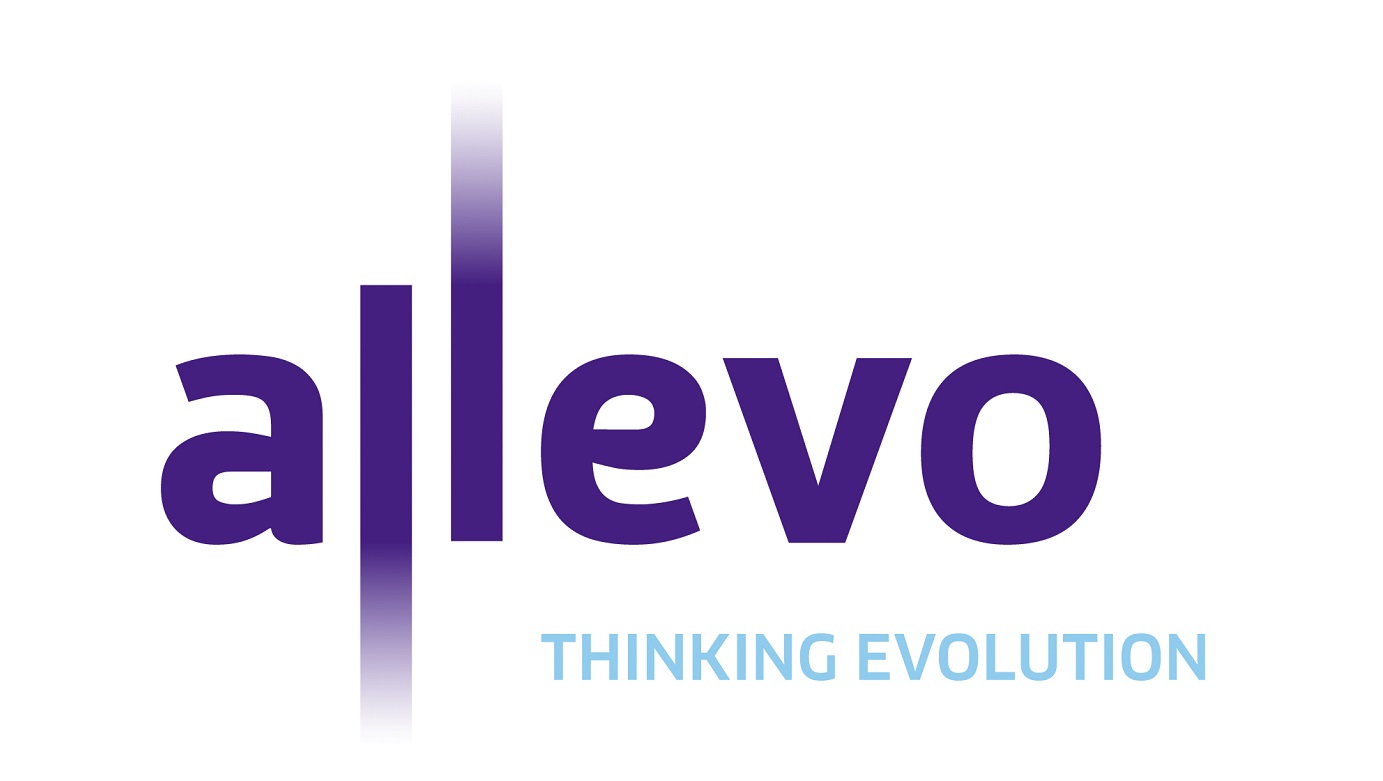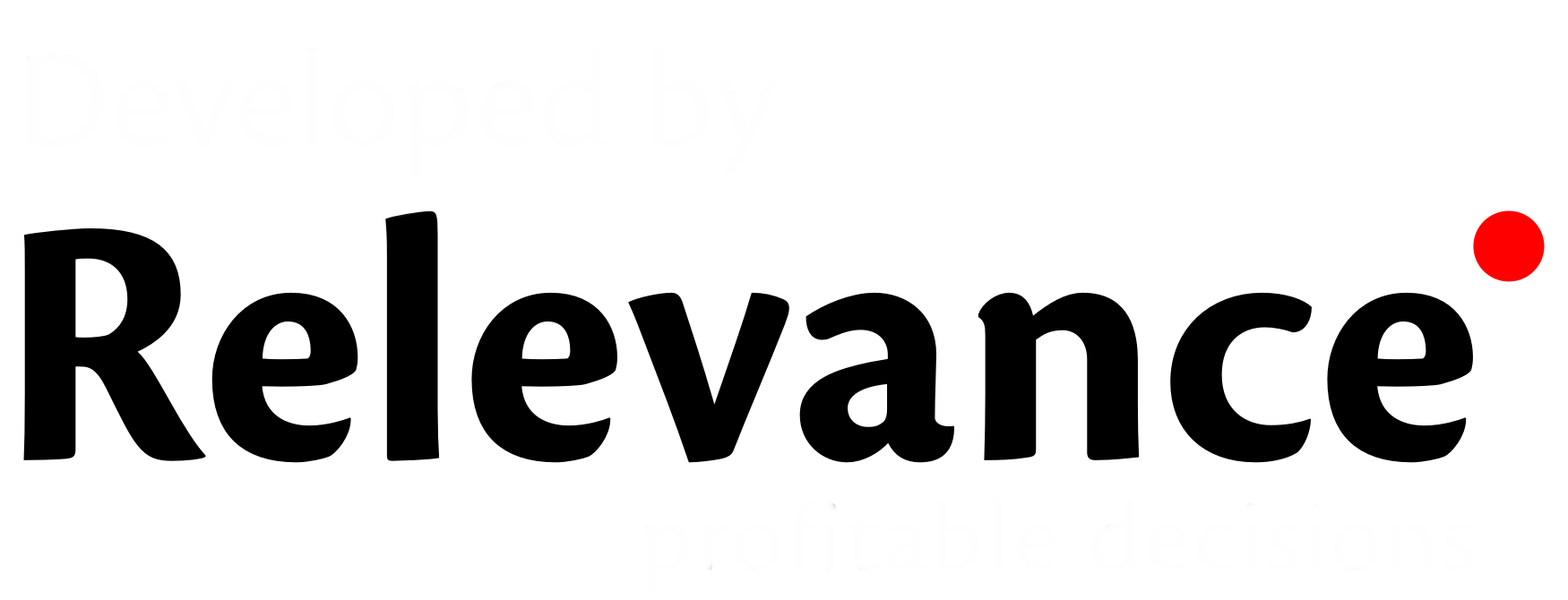Following a digital home boom established during COVID-19 pandemic lockdowns, consumers are prioritizing financial and mental well-being. This is according to the latest EY Decoding the digital home study, which surveyed more than 20,000 households to analyze consumer attitudes toward technology, media and telecoms experienced in the home across eight countries: Canada, France, Germany, Italy, Spain, Sweden, the UK and the US.
 More than half of households are concerned that their broadband provider (60%) and TV provider (55%) will increase subscription rates, and 45% believe they pay too much for content they don’t consume. As we emerge from the pandemic, the study also indicates that digital usage is normalizing, with many looking to downsize their online exposure. Thirty-four percent plan to spend less time online, 27% want to cut the number of streaming platforms they use and 21% are open to reducing the number of connected devices in their homes.
More than half of households are concerned that their broadband provider (60%) and TV provider (55%) will increase subscription rates, and 45% believe they pay too much for content they don’t consume. As we emerge from the pandemic, the study also indicates that digital usage is normalizing, with many looking to downsize their online exposure. Thirty-four percent plan to spend less time online, 27% want to cut the number of streaming platforms they use and 21% are open to reducing the number of connected devices in their homes.
It is striking that countries experiencing the greatest uptick in demand since the pandemic – Canada, Italy, the UK and the US – carry the greatest downsizing risks.
Cristian Cârstoiu, Partner, Consulting EY România: “The increase in digital consumption during the lockdown periods is now followed by a natural decrease in discretionary spending due to the uncertainty of the economy’s outlook. With consumers looking to contain household spending, with less time available for leisure and with lesser differentiators between providers, the pressure moves to the suppliers to retain current customers – loyalty schemes, personalised offerings, better customer segmentation offerings and partnerships might be key to retain profitability.”
Households increasingly prioritize online security and well-being
The trend toward withdrawal from the online world is compounded by an increased focus on security and well-being. The findings reveal that the COVID-19 pandemic has exacerbated pre-existing fears around data disclosure, with 40% of households stating that they are more worried about the privacy of personal data than they were before the pandemic.
Mental health concerns associated with online exposure are also top of mind, particularly among younger consumers. Forty-seven percent of respondents under the age of 25 often think about the negative impact of internet use on well-being, and the same number that are 25 to 44 years old are very concerned about what they may encounter online. Overall, 59% of all households believe governments and regulators should do more to combat harmful online content.
Pressure to provide consumers with greater clarity
The study further highlights that consumers feel service offerings are too complex. Thirty-three percent find it difficult to understand digital home packages on offer, and 38% see very little difference between competing providers. Similarly, while more than half (54%) of consumer respondents say introductory offers play a role in their supplier choices, 49% indicate that they make it difficult to determine who offers the best value.


































